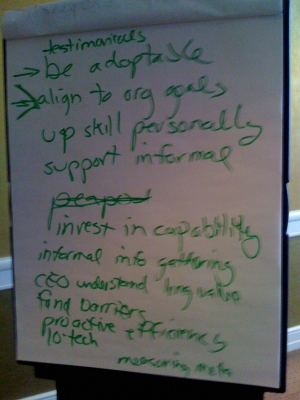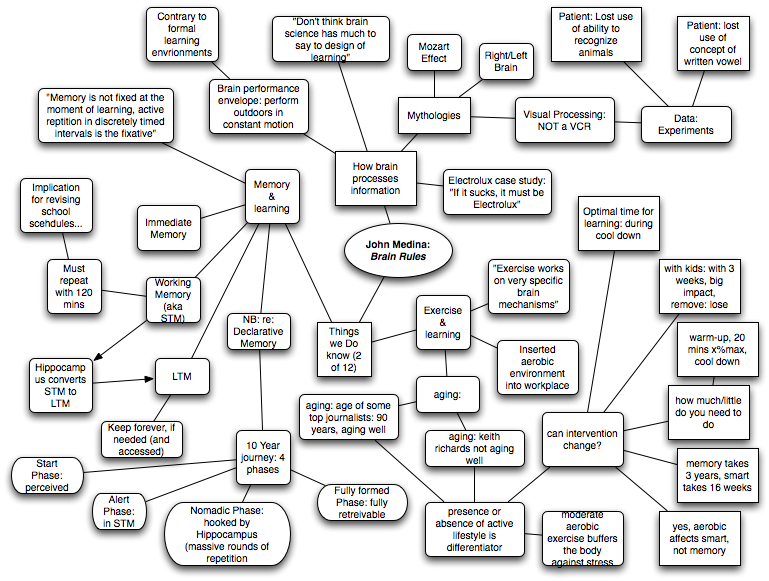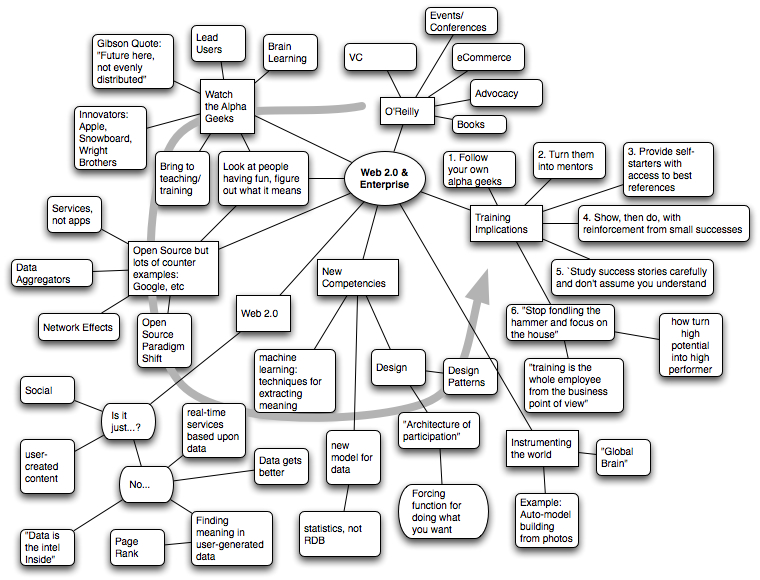A contact asked me what I saw as the link between Sharepoint and elearning, and I started to give my standard answer about portals fitting in with the whole performance ecosystem. Last I played with Sharepoint, it seemed like a portal solution; a place to deposit files. Obvious extensions I would infer from social networking would include wrapping discussion around resources (and, of course, having a way to make the resources accessible from multiple points of view, search, and other features in support of reasonable information architecture).
However, I decided to update myself on Sharepoint features, and went to look at Microsoft’s page. They tout collaboration, content management, and search as well as portals. This sounds like they’re beginning to incorporate real eCommunity/social networking capabilities (they mention blogs & wikis, and expertise finders). Of course, what they have in their marketing versus what’s actually there in full capability is an open question (and I’m not bagging Microsoft here; just look at LMS vendors and them trying to match a ‘checklist’ of necessary features). Integration with Office is, for most business, a plus.
However, I’m skeptical as it’s not as easy as just putting it all together, it has to be well done. That may be a services issue and not a technology one, however. The point I want to make here, however, is that augmenting formal courses with resources and eCommunity is the natural progression.
On principal, there are a number of reasons to think about this augmentation. Some obvious ones include:
- When performance analysis indicates that tools are a better solution than courses
- When it’s a combination of tools and training, the training can/should include the use of portals, and then the resources should be available on the portals
- Individuals can be introduced into a community after formal learning
- User-generated content can be mined for new courses
- Courses might be made available via the portal, or at least presentations decks
- Media files to augment courses could be made available via the portal
It may not seem obvious to the training practitioner that this is part of supporting elearning, as it really goes beyond the event, but I’ll argue that those who don’t look to extend their responsibility to the performance at all levels of competency are limiting their organizational relevance and consequently their value to the organization. And that’s just a missed opportunity.



